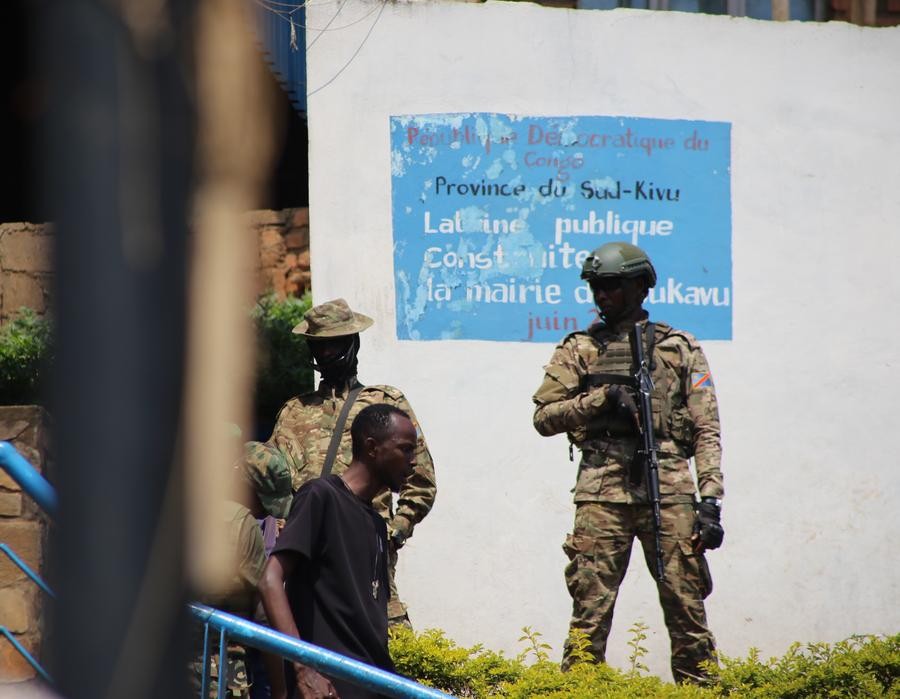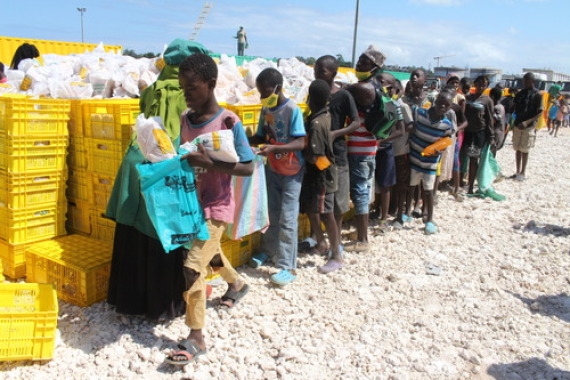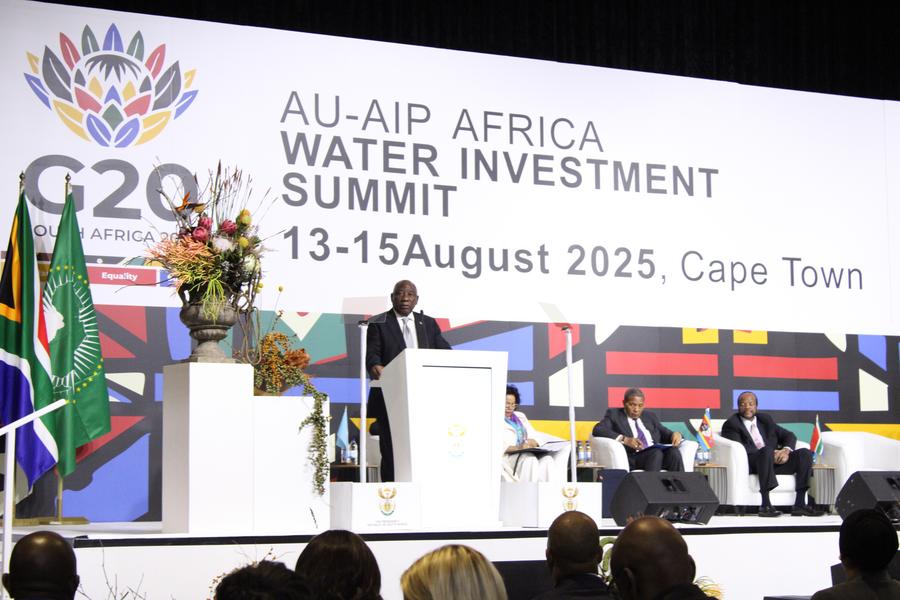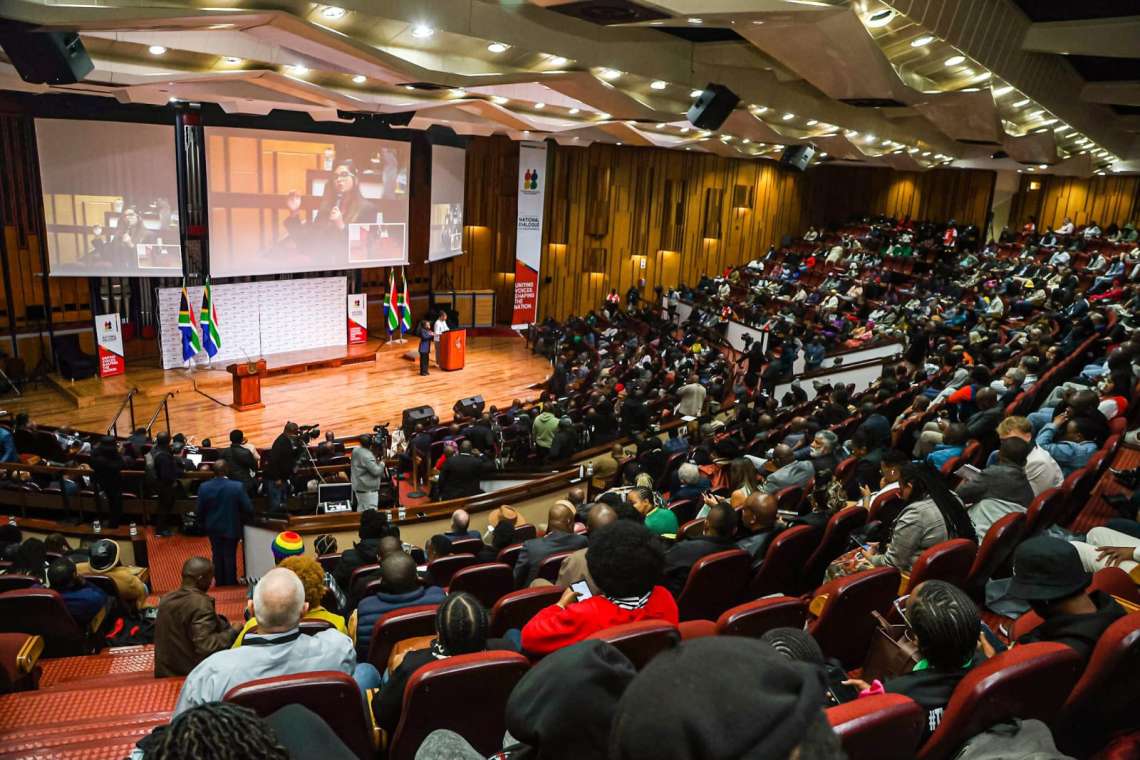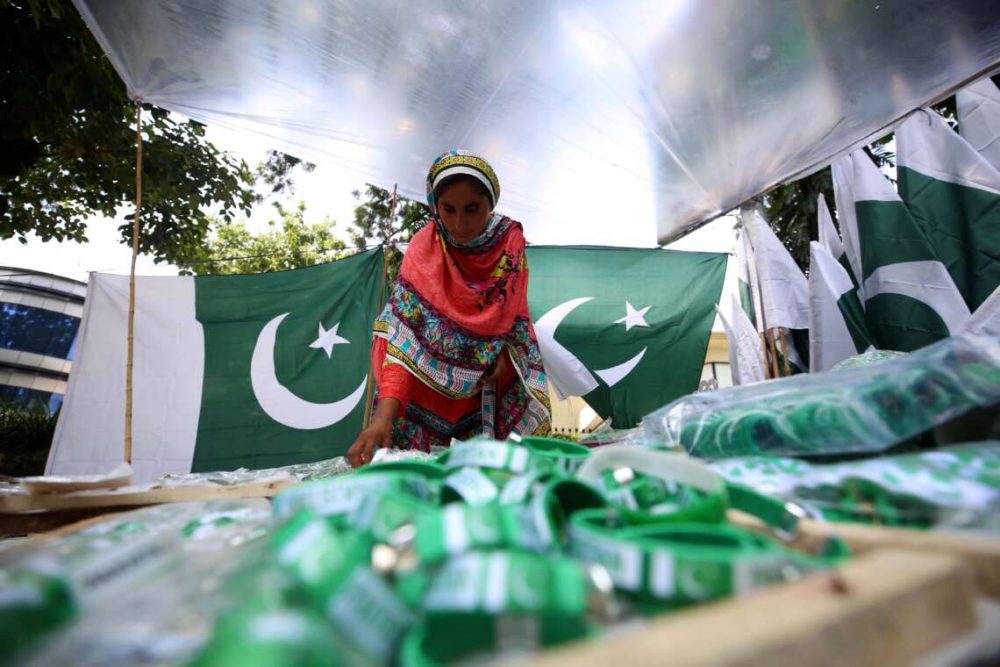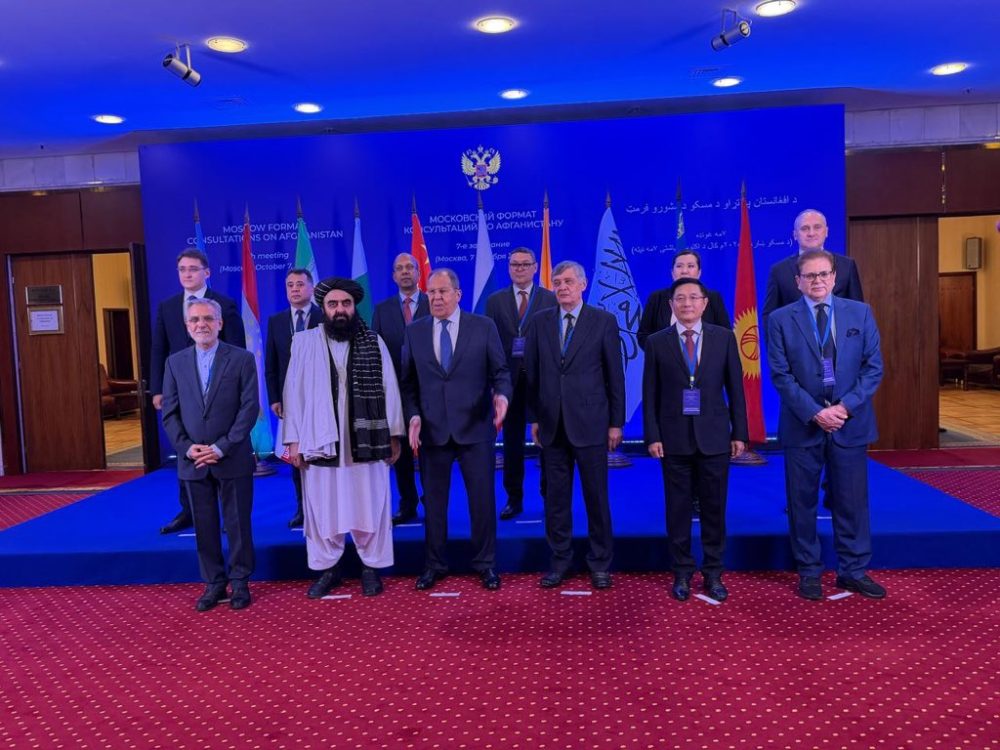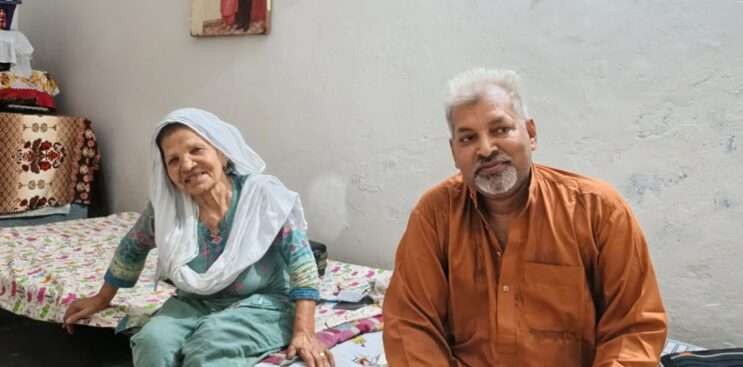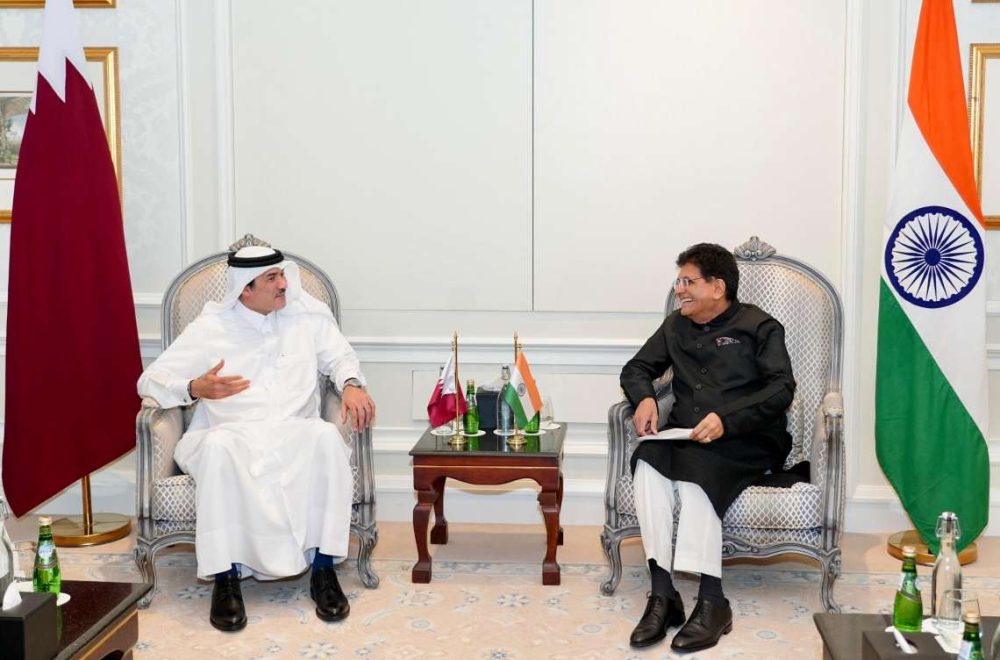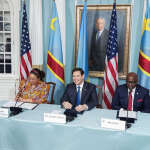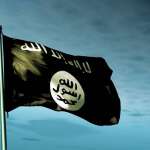Goma, located in eastern Congo, has been at the center of a conflict between the Congolese government and the Rwanda-backed M23 rebel group, which launched a lightning assault on the mineral-rich regional city in January…reports Asian Lite News
The Congolese government on Saturday rejected Kenya’s appointment of a consul general to its conflict-hit city of Goma, citing what it called a violation of international law and a lack of proper diplomatic process.
Goma, located in eastern Congo, has been at the center of a conflict between the Congolese government and the Rwanda-backed M23 rebel group, which launched a lightning assault on the mineral-rich regional city in January. The city fell to the rebel group after days of fighting, and the Congolese army withdrew.
The Congolese foreign ministry said in a statement Saturday that Kenya did not contact Congo’s government in the capital, Kinshasa, before making the announcement, as required by international law and diplomatic practice.
M23, which is one of about a hundred groups fighting in eastern Congo, has attempted to establish a parallel government in the region, saying it is freeing the region from what it alleges is misrule by Kinshasa.
M23 has been accused of widespread abuses, and Congo’s government argued that that the way Kenya nominated the diplomat to the occupied city of Goma without informing the Congolese government could appear to legitimize the rebel group’s occupation.
Kenya’s announcement was made Friday as part of a raft of diplomatic appointments. Congo’s foreign ministry called for “caution and discernment in public communication to avoid any misunderstanding, speculation, or the appearance of legitimization of the ongoing illegal occupation.”
Qatar has tried to mediate between the Congolese government and the rebel group, which led to the signing of a “declaration of principles” to end the decades-long fighting, but talks have since faltered and fighting has resumed. The conflict has been a magnet for neighboring countries, including Rwanda, Burundi, Uganda and Kenya, all of which have had troops on the grounds, complicating regional efforts to end the fighting.
Christian Moleka, a Congo-based political analyst, told The Associated Press that the appointment might have regional implications. He said it could reinforce Kinshasa’s distrust of Kenya, which has been moving closer to Rwanda under President William Ruto, and weaken regional initiatives to establish peace.
Meanwhile, United Nations (UN) High Commissioner for Human Rights, Volker Turk has condemned the escalation in deadly attacks by the March 23 Movement (M23) and other armed groups against civilians in eastern Democratic Republic of the Congo (DRC) over the past month.
According to first-hand accounts received by the UN Office of the High Commissioner for Human Rights (OHCHR), between July 9 and 21, at least 319 civilians were killed by the M23 in four villages in the Rutshuru territory, in North Kivu Province. Most of the victims, including at least 48 women and 19 children, were local farmers camping in their fields during the planting season.
The OHCHR also documented multiple attacks on civilians by other armed groups in the North Kivu, South Kivu and Ituri Provinces in July, Xinhua news agency reported.
Turk said in a statement that he was “appalled” by the attacks, and stressed that “all attacks against civilians must stop immediately, and all those responsible must be held to account.”
He renewed his call on all parties to the conflicts in eastern DRC to protect civilians from harm, and to uphold all their obligations under international humanitarian law and international human rights law.
He also urged all parties to the recently signed declaration of principles to commit to the peace process in good faith and to act decisively to end the cycles of recurring violence.
The M23 rebel group announced on July 26 that the release of over 700 people detained in connection with the conflict is a prerequisite for any further dialogue with the DRC government.
Benjamin Mbonimpa, M23’s representative in several rounds of talks with Kinshasa in Doha, made the remarks at a press conference in Goma, the capital of North Kivu Province, which has been under M23 control since late January.
On July 19, the DRC government and the M23 signed a declaration of principles in Doha to end the conflict in the country’s eastern region.
“It was in Doha that the guidelines were established in the declaration of principles. Implementation of that declaration was to come before negotiations,” Mbonimpa said. “If nothing happens within the set timeframe and if Kinshasa does not release our prisoners by July 27, we have no reason to return to Doha.”


